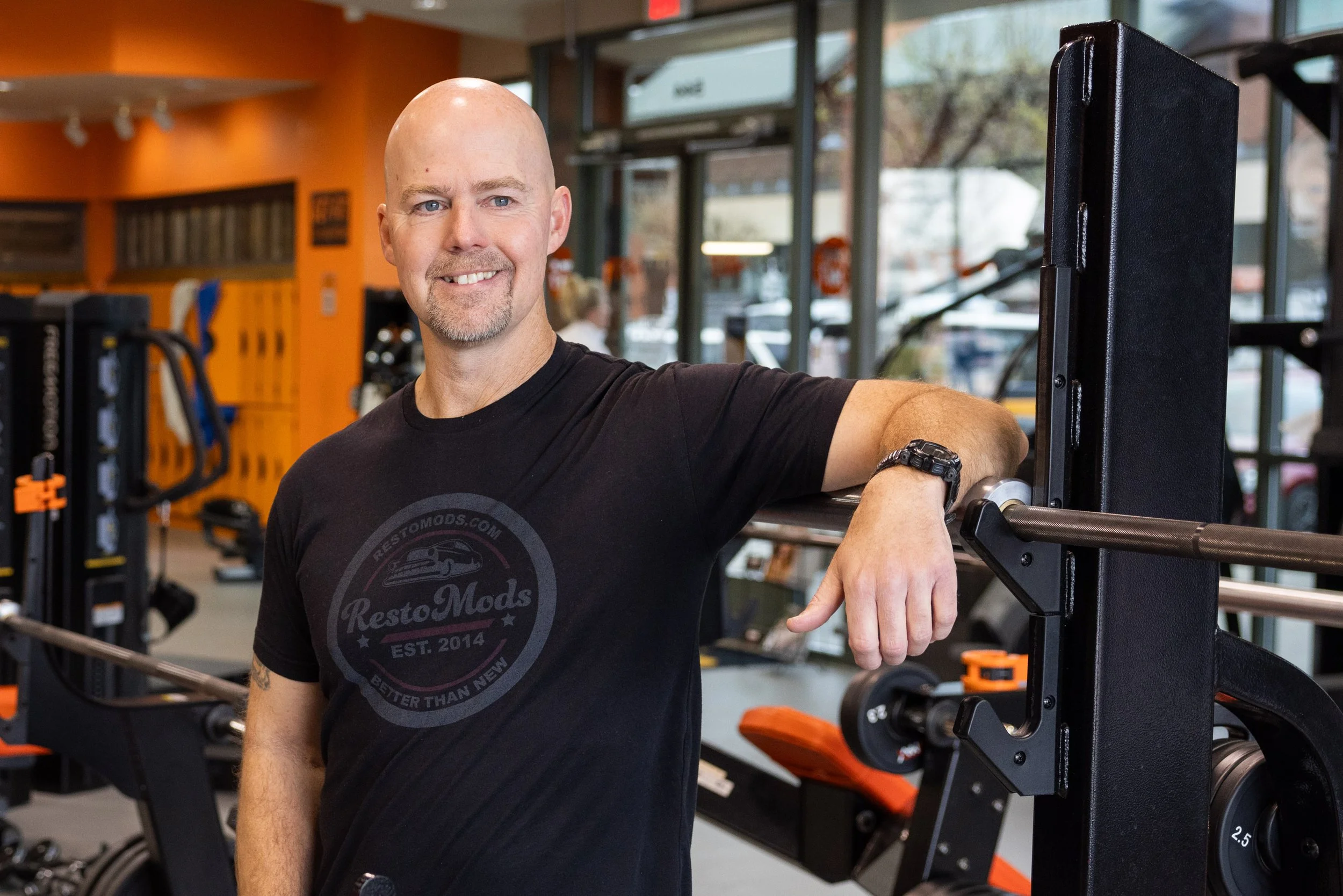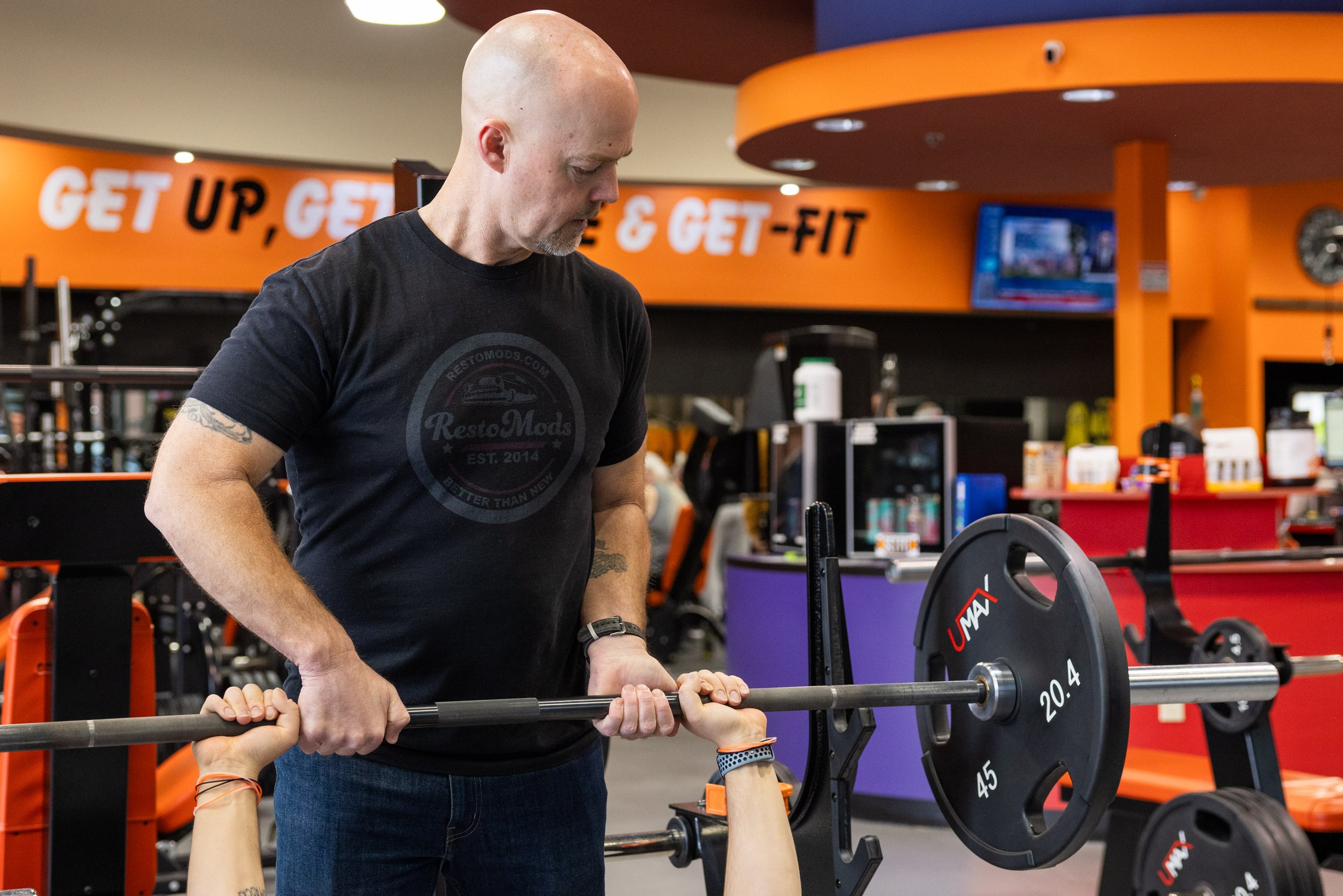Prescott, AZ Fitness Trainer Rick Sharp Reveals 4 Lifestyle Habits for Optimal Health
In the journey toward personal fitness, the focus often lands squarely on exercise routines and diet plans. However, underlying lifestyle habits are just as critical to achieving and sustaining health goals. Holistic fitness extends beyond the gym and permeates every aspect of our daily lives, according to experts like Rick Sharp, a seasoned personal trainer. This article explores why lifestyle habits—from sleep schedules to the organization of your living space—play a pivotal role in your fitness journey, impacting everything from your physical performance to your mental resilience.
Beyond the mechanics of physical workouts and the specifics of nutritional intake, lifestyle habits such as the quality of sleep, the structure of your living environment, and even your daily routines forge the foundation for lasting health and vitality. Recognizing and adapting these habits can transform your approach to fitness, turning isolated efforts into a comprehensive lifestyle commitment that nurtures both body and mind. These are not just supplementary elements; they are integral components that determine the effectiveness and sustainability of your fitness endeavors.
The Power of Sleep:
Quality sleep is the cornerstone of fitness, recovery, and performance. Rick emphasizes that "without consistent, restorative sleep, the body can't repair itself adequately, impacting everything from muscle recovery to hormone balance." By advocating for a regular sleep schedule and adhering to it even on weekends, Rick ensures that his clients can maximize their training results and overall health.
Research backs up Rick's claims about the critical role of sleep in various aspects of physical health. For instance, the Journal of Clinical Sleep Medicine published a study that suggests extending nightly sleep could enhance athletic performance, mood, and alertness. Moreover, sleep influences muscle recovery through its effects on protein synthesis and human growth hormone release, which predominantly occur during the deep sleep stages. Beyond physical recovery, sleep plays an essential role in cognitive function and mental resilience, which are vital for maintaining motivation and focus in fitness regimes. The Harvard Medical School has noted that sleep facilitates brain functions like memory, problem-solving skills, and decision-making—all of which are crucial when learning new techniques or strategies in sports and fitness.
Rick integrates these insights into his training programs, stressing the importance of not only physical training but also recovery processes like sleep. He teaches that "Sleep is a vital part of the fitness equation, facilitating muscle repair, hormone regulation, and even weight management." This holistic view is central to his philosophy; what happens at home is equally important as what happens in the gym. Rick advises his clients on some simple lifestyle adjustments can help with their quality and quantity of sleep. Adjustments such as reducing exposure to blue light before bedtime, adhering to a consistent sleeping schedule, and creating a restful environment profoundly impact both fitness performance and overall well-being.
Nutritional Environment at Home:
Creating a supportive home environment is crucial to achieving and maintaining fitness goals. Rick brings a comprehensive, whole-person approach to training and emphasizes the significant role the home setting plays in nutritional success. He believes that by thoughtfully stocking your pantry and refrigerator with nutritious foods and eliminating tempting, high-calorie treats, you manipulate your surroundings to favor healthy eating habits.
This approach is based on the idea that our environment has a significant impact on our behavior. For instance, research indicates that arranging one's kitchen to encourage healthier food choices increases the likelihood of making such choices. The American Journal of Preventive Medicine published a research article suggesting that having visible and easily accessible fruits and vegetables in the home leads to increased consumption of these healthy foods. Conversely, the presence of high-calorie snacks can lead to impulse eating and undermine fitness goals.
Moreover, Rick integrates these principles into his broader fitness philosophy by educating his clients on the psychological aspects of eating. His training regimen includes understanding the "why" behind certain cravings and how to structure the living space to minimize unhealthy indulgences. Rick teaches that "Managing the nutritional environment at home isn't just about the physical placement of food; it's about creating a space that aligns with and supports your health and fitness aspirations." By making healthy eating the path of least resistance, you set yourself up for success in your fitness journey, proving that a well-managed home can be as crucial as the gym in achieving overall wellness.
Mental Consumption and Its Effects:
The impact of mental consumption—what you absorb through your senses and mind—is as crucial as the nutrients you ingest. Rick stresses the importance of a healthy mental diet alongside physical exercise and nutrition. He teaches that exposure to negative influences or self-defeating thoughts can severely undermine a person’s fitness efforts and overall well-being.
Rick believes that just as one might avoid junk food to maintain physical health, it's equally important to avoid "mental junk"—such as excessive negativity from media, toxic social interactions, or self-critical thoughts. The consumption of such detrimental mental content can lead to increased stress, anxiety, and a decrease in motivation, all of which can derail fitness goals. He encourages cultivating a mindset that promotes strength, resilience, and positivity. This mental fitness, according to research, is not just about feeling better; it significantly affects physical health and fitness results. Studies, such as those published in the Journal of Behavioral Medicine, show that positive psychological well-being is associated with better cardiovascular health and lower rates of mortality. Another study from the Journal of Clinical Psychology suggests that positive mental health practices, like mindfulness and positive affirmation, can lead to improved health behaviors and even enhanced physical performance.
In his training programs, Rick often advises clients to set a positive tone for the day in the morning, encouraging them to be mindful of their thoughts and the power those thoughts have over their physical state. Rick is a big advocate for regular 'mental detoxes"—periods where individuals reduce their screen time, disconnect from social media, and engage in activities that nourish their mental state, like reading, spending time in nature, or engaging in creative hobbies. These practices help reset their mental state, enhancing both their emotional and physical fitness. By addressing mental consumption as part of his holistic fitness approach, Rick helps his clients understand that a healthy mind is a critical component of a healthy body. This reinforces their commitment to a comprehensive, balanced lifestyle that sustains not only their physical fitness but their overall life satisfaction.
Integrating Habits for Long-Term Success:
Seamlessly integrating healthy lifestyle habits into your daily routine is crucial for ensuring they become second nature. Rick understands that the key to sustainable fitness is not only making changes but making them stick. This entails transforming these changes into habits that seamlessly integrate into the fabric of daily life.
Rick emphasizes the importance of small, consistent changes because they are less intimidating and more manageable over time. For instance, starting with a simple morning routine like stretching for five minutes or drinking a glass of water right after waking up can set the tone for healthier choices throughout the day. Over time, these small actions become ingrained as automatic behaviors that support fitness and well-being. Moreover, Rick often shares real-life examples from his clients to illustrate how these principles work in practice. One client might start by walking an extra 1,000 steps each day and gradually increase this amount as their fitness improves. Another might replace one processed meal a day with a whole food option, slowly transforming their diet without overwhelming themselves.
These habits are practical beyond physical activity and diet. Rick also encourages regular reflection on personal progress and setbacks, which helps individuals understand their journey better and adjust their strategies accordingly. Maintaining a fitness journal, using apps to track nutritional intake and physical activity, or scheduling check-ins with a coach or support group. Additionally, Rick believes in setting up the environment to encourage these habits. This might involve organizing the living space to promote activity—like keeping yoga mats or dumbbells in sight for quick sessions—or setting up the kitchen to make healthy cooking more accessible and enjoyable.
Ultimately, the goal is to make healthy choices more automatic and less dependent on daily motivation. Rick's approach demonstrates that fully integrating these healthy habits into one's lifestyle not only improves physical fitness but also enhances overall happiness and quality of life.
Embracing a holistic approach to fitness, as Rick advocates, underscores the importance of integrating not just physical exercises but also positive nutritional, mental, and lifestyle habits into daily routines. By adopting these practices, individuals can ensure their fitness efforts are not only effective but sustainable. The journey to wellness is not about sporadic efforts but about creating a lifestyle where health and well-being flourish naturally. Rick’s philosophy serves as a beacon, guiding us toward a future where fitness is seamlessly woven into the fabric of our daily lives, enhancing our overall quality of life.




